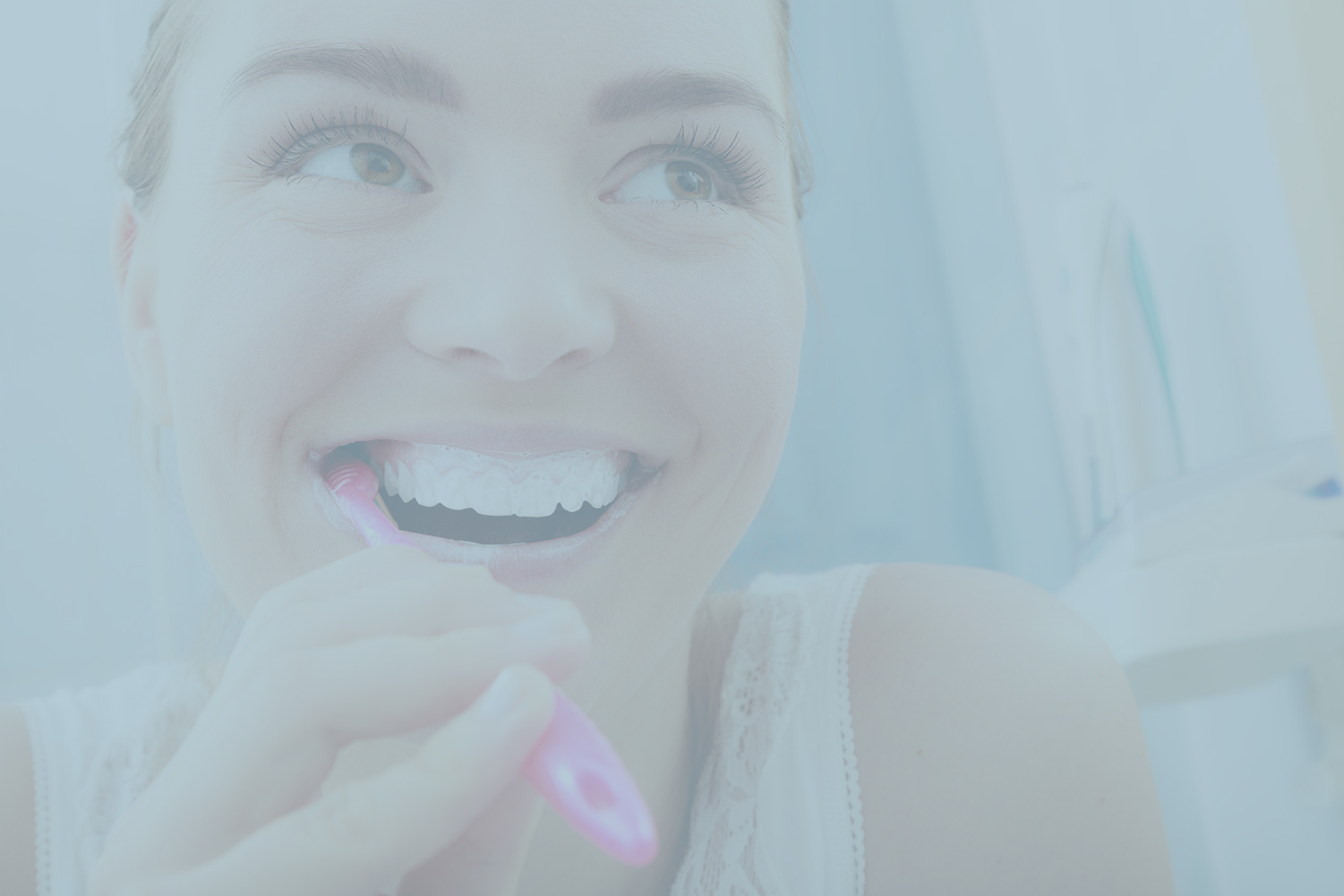
Oral Exams
During your oral exam, we will fully assess your dental health. Oral exams give us the opportunity to evaluate your current methods of dental care and provide suggestions for future care to protect you from complications such as cavities and gum disease. When necessary, X-rays will be taken to help diagnose for decay or gum disease.
TEETH CLEANING
Ongoing teeth cleaning is an important dental treatment for stopping the progression of gingivitis and periodontal disease. This is an effective procedure in keeping the oral cavity in proper health and halting the progression of gum disease.
THE BENEFITS INCLUDE:
- Plaque removal. Tarter (also referred to as calculus) and plaque buildup, both above and below the gum line, can result in serious periodontal problems. Unfortunately, even with a proper home-brushing and flossing routine, it can be impossible to remove all debris, bacteria and deposits from gum pockets. The experienced eye of a dentist or hygienist using specialized dental equipment is necessary to catch potentially damaging buildup.
- A healthier looking smile. Stained and yellowed teeth can dramatically decrease the esthetics of a smile. Prophylaxis is an effective treatment in ridding the teeth of these unsightly stains.
- Fresher breath. Bad breath (or halitosis) is generally indicative of advancing periodontal disease. A combination of rotting food particles (possibly below the gum line) and potential gangrene stemming from gum infection, results in bad breath. The routine removal of plaque, calculus and bacteria at our facility can noticeably improve halitosis and reduce infection.
We recommend that teeth cleaning be performed twice annually as a preventative measure, but should be completed sooner for periodontitis sufferers.
ORAL HYGIENE
Why is oral hygiene so important? Adults over 35 lose more teeth to gum disease, (periodontal disease) than from cavities. Three out of four adults are affected at some time in their life. Good oral hygiene at home is very important to help keep periodontal disease from becoming more serious or from coming back. Daily home cleaning helps keep plaque under control and reduces tarter buildup. Brush twice a day and floss everyday!
Dr. Davis and his staff are wonderful! You walk in and they will never forget your name! Extremely friendly and personable - you will actually enjoy the dentist...
- Will

PERIODONTAL DISEASE
Plaque bacteria can cause your gums over time to become inflamed. Inflamed gums can pull away from the teeth, forming spaces called "pockets". These pockets trap more plaque that cannot be removed with toothbrushing. If the pockets are not treated, the periodontal disease can get worse. Diseases such as diabetes and AIDS can place a person at higher risk for periodontal disease. Tobacco use also increases your risk of developing periodontal disease, and treatment may be less successful if your continue to smoke or chew.
If you schedule regular dental exams, our team can catch periodontal disease before the gums and the bone supporting your teeth are severely damaged. During periodontal evaluation, we use a periodontal probe to gently measure the spaces between the teeth and gums. In a healthy mouth, this space (pocket) is usually less than three millimeters deep. Very deep pockets are a sign of advanced periodontal disease. Dental x-rays usually are taken to check the bone supporting the teeth. Low bone levels can be a sign of damage from periodontal disease. If periodontal disease is diagnosed, we may provide treatment or may refer your to a periodontist (a dentist who specializes in the diagnosis, prevention and treatment of periodontal disease).

